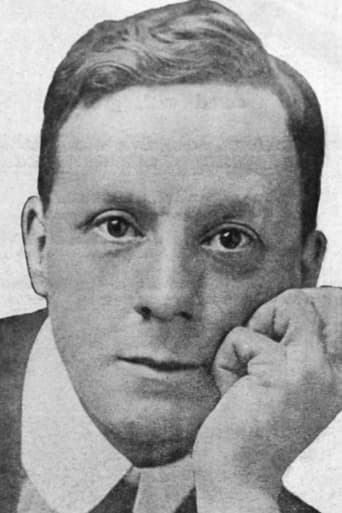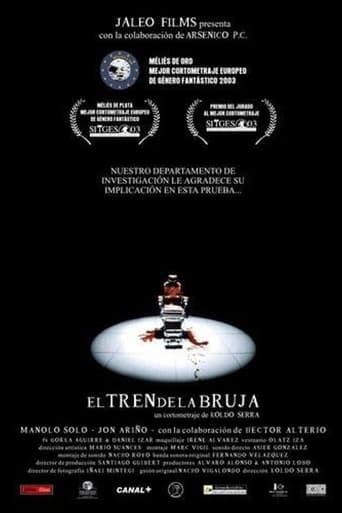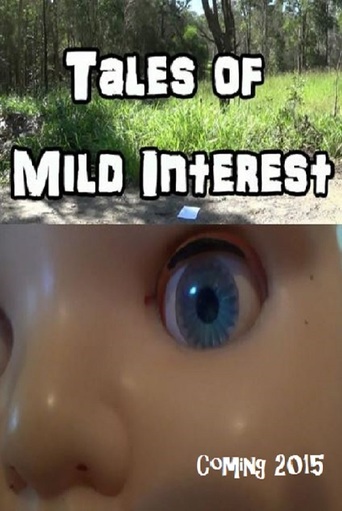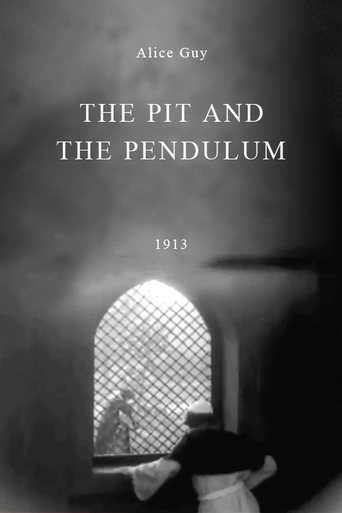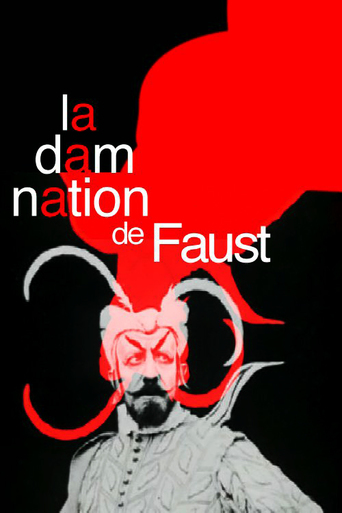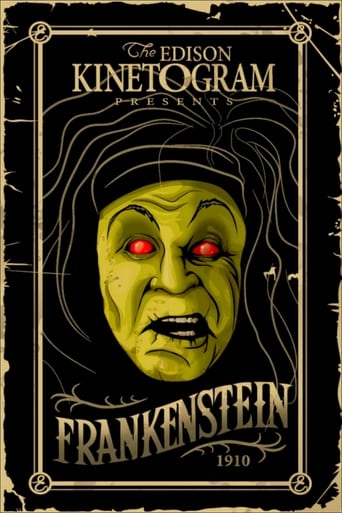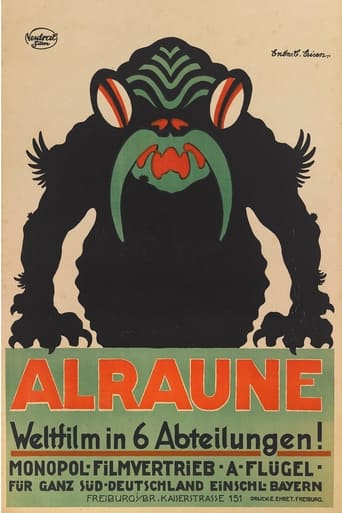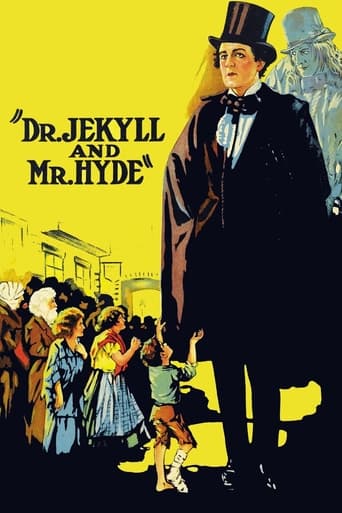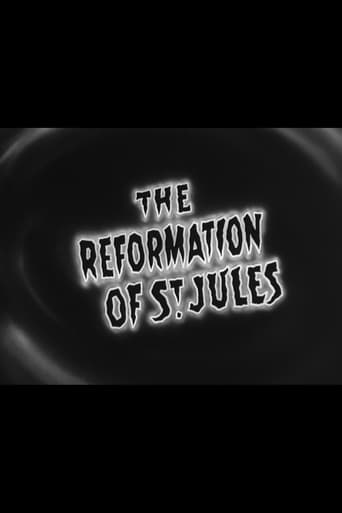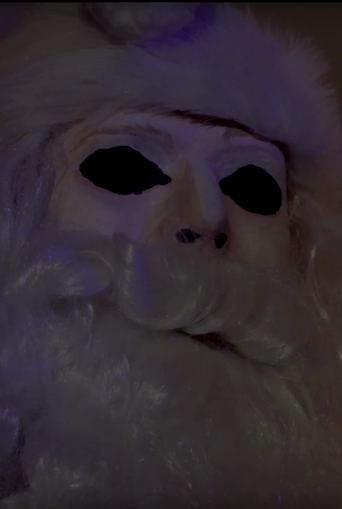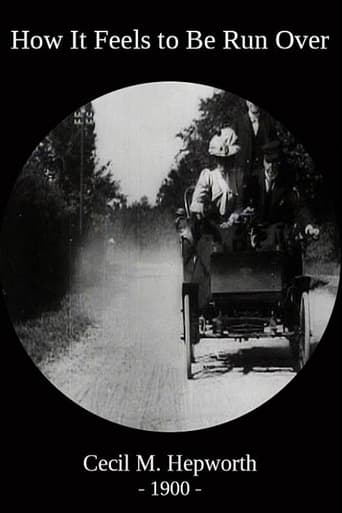
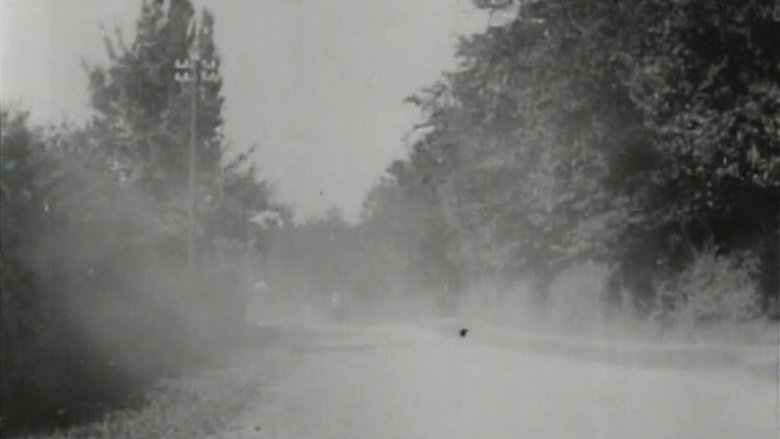
How It Feels to Be Run Over (1900)
As the camera looks down an open road, a horse and carriage approaches, and passes by to one side of the field of view. Soon afterwards, an automobile comes up the road, straight towards the camera. As it gets nearer, the occupants start to wave frantically, but can a collision be avoided?
Watch Trailer
Cast


Similar titles
Reviews
Simply A Masterpiece
i must have seen a different film!!
The film never slows down or bores, plunging from one harrowing sequence to the next.
Each character in this movie — down to the smallest one — is an individual rather than a type, prone to spontaneous changes of mood and sometimes amusing outbursts of pettiness or ill humor.
Even if you don't want to know how it feels to be run over, this is still a very creative little film. Made by the Hepworth Manufacturing Company it is one of the first uses of self-reflectivity in film, as both the camera and the cameraman have an important role in the joke. Even the people of today couldn't think up such a creative idea, and we'd never actually know how it feels to be run over, (unless, of course, we really did get run over, but let's hope not).The camera is set up so we're looking down the country road. A horse and buggy passes to one side and goes off the range of the camera. Down the middle of the road comes a motor car. It swerves toward the camera and collides with the cameraman, thus making us feel as though we are being run over. I am glad we can know how it felt without it being a painful experience, so it's a good thing they made this. Well, enough of that, let's get on.What follows is a series of titles cards that flash on the screen, delivering the punchline: "Oh, Mother will be pleased!" These titles cards are believed to be the first intertitles ever put in a film. So for 1900 this is a pretty clever film that not only has a remarkable use of subtitling, but also puts the idea of self-reflectivity to a rather creative use. The early film audiences might've been freaked out by this, don't forget the shot of the train arriving in the station which received that reaction. Only here, they warned us. Okay, I'll shut up. Ground-breaking film because of the intertitles and also very creative for 1900. A good minute with a good, original gag.
I have to say this 45-second black-and-white silent short movie from 115 years did not do too much for me. I prefer most of the director's other works that I have seen. Cecil M. Hepworth is one of Britain's very early filmmakers and here he asks the audience the question in the title. well how did it feel? Watching this did not feel too good. A bit of a nothing movie and the final twist does not really save the thing either. Maybe it would have been more interesting without the massive spoiler in the title. I'm not sure. But I am sure that this is a pretty weak film for 1900 looking at with what the likes of Méliès, Lumière etc. and even Hepworth himself already came up with. Mostly superior to this very forgettable 4 seconds.
SPOILERSWell, I am back to commenting on silent films. After the atrocity known as the Old Maid Having Her Picture Taken I am happily treated to an experimental English film. After I saw this I imagined how the audience back in 1900 were like after they saw this. They must have been freaking out. Then the Great Train Robbery traumatized the audience more. Okay, back to the film. I guess you could call this suspense of 1900, as a stage coach hits the camera. This was a great silent film, and different. Here is the "plot" of How It Feels Like To Be Run Over. This is not really how it feels like to be run over, but still. A stage coach slowly appears on screen. It then is very clear on screen. Then it leaves as quickly as it came. Then another stage coach appears on screen. It becomes clear, but then it changes directions and goes towards the camera. The people in it flail their arms wildly, but it is too late. The stage coach hits the camera. The camera goes blank. Then unreadable words appear on screen quickly.Overall, this is an interesting little silent experimental short. It may be a bit disturbing for audiences back in 1900, but this is not 1900 any more. This also created the infamous thing-hits-camera-and-camera-goes-blank. Well, not really, but this is the first movie ever to do that. The acting was good. You may not be able to see that, but it takes talent to wave your arms. Anyway, this is a surreal silent film that does not really teach you how it is like to get run over.8/10Recommended Films: Roundhay Garden Scene, Traffic Crossing Leeds Bridge, and the Great Train Robbery.
Although movie houses were quite popular in 1900, most of the films were really dreary and uninteresting--the people then just didn't know any better! Most films actually consisted of about a minute's worth of ordinary and mundane activities (such as street scenes, babies, people working, etc.) and the audiences were thrilled. The modern notion of a film was still at least two years away with LE VOYAGE DANS LE LUNE--an early full-length film (14 whole minutes) with real sets and a plot! In this light, then, it's understandable why this little film is so little and so less than inspiring when seen today--and at least it's creative. The camera appears to have been placed in the road. A wagon and then a car approach the camera and ultimately the car appears to run over the camera person. That's it! Nothing more. We're done. Bye.


